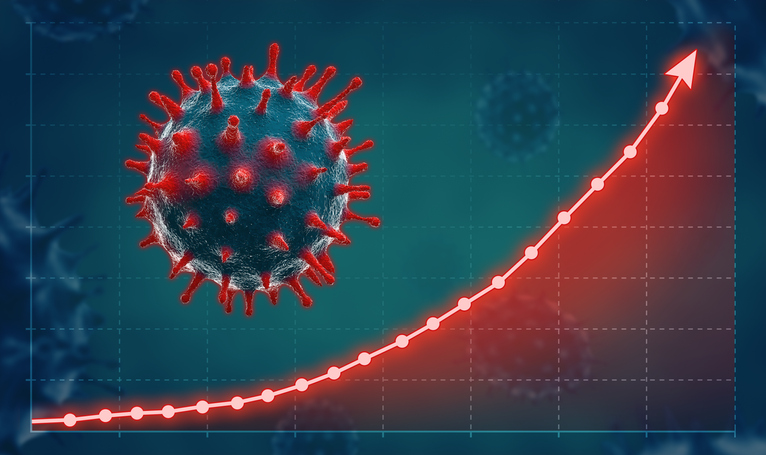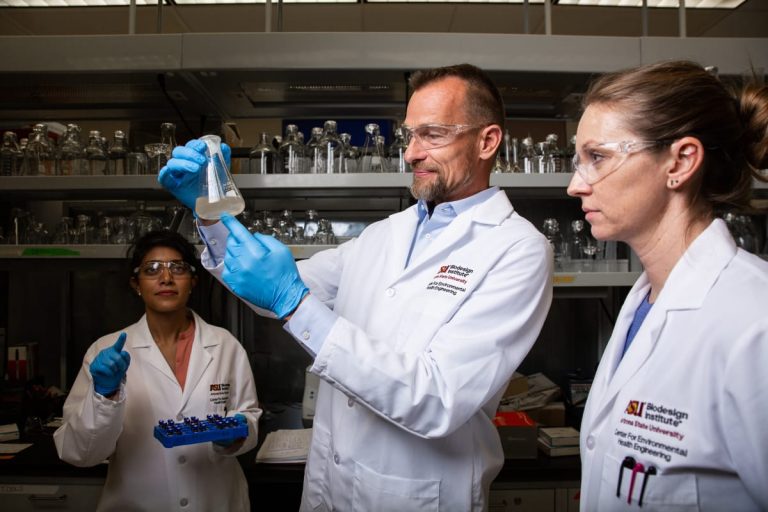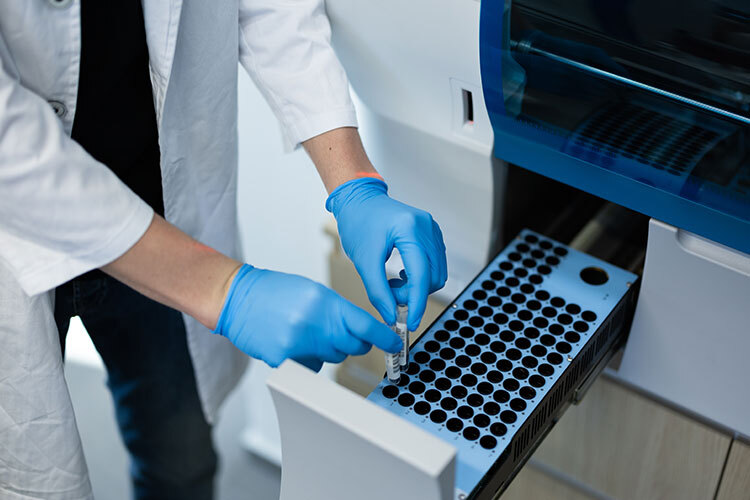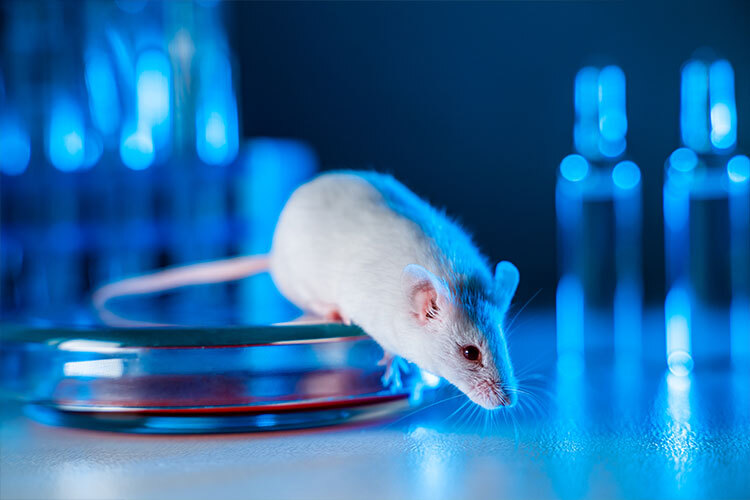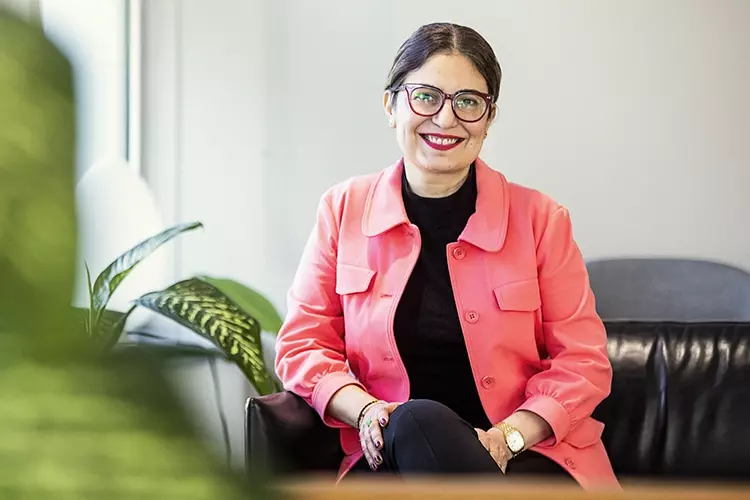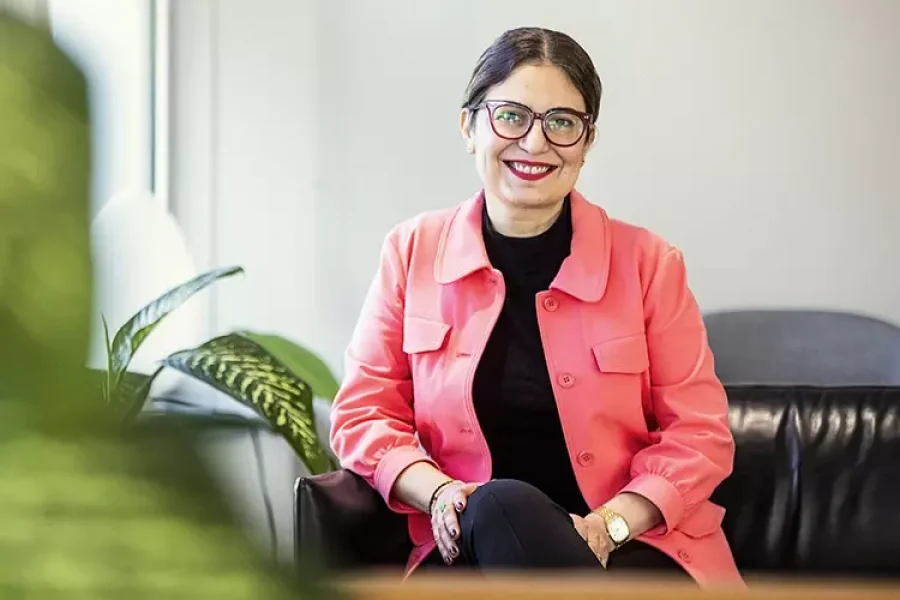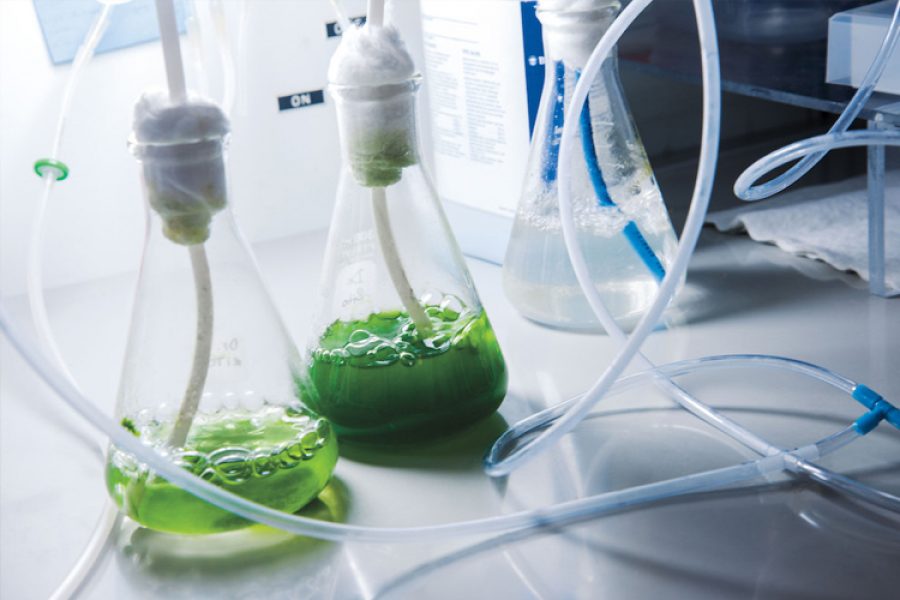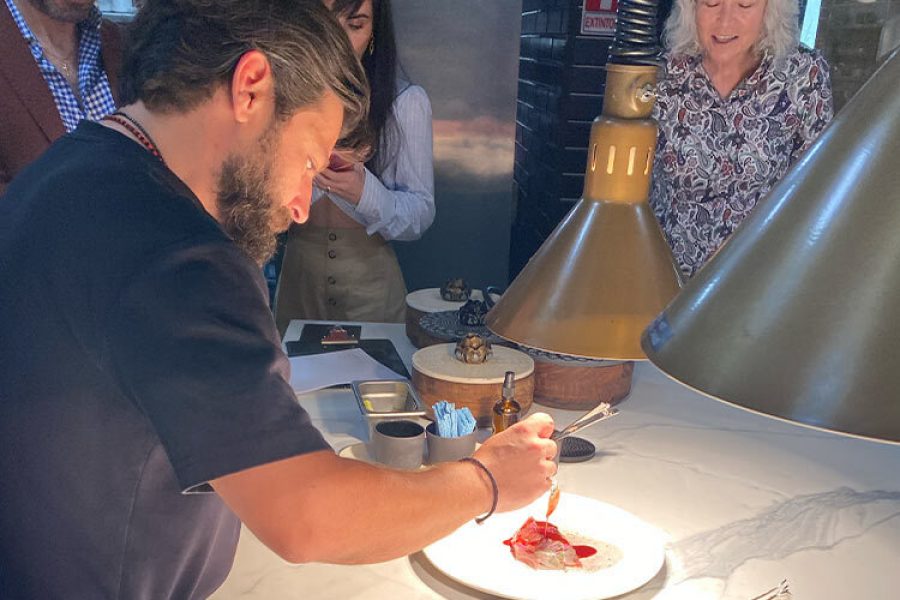During this time, Tec de Monterrey has shown that its research projects can have a positive impact on government, industry, and society.
Far more than just being for cheese and wine production, biotechnology is present in many areas of our lives. For example, the vaccines against Covid-19 are the result of genetic engineering and molecular biology tools.
This discipline has applications that benefit society in areas such as health, food, improvement of industrial processes, and reduction of greenhouse gases in productive sectors. Due to this positive impact, Tec de Monterrey opened the FEMSA Biotechnology Center 15 years ago, aiming to demonstrate that the university could also conduct frontier research that had an impact on society.
World leaders in biotechnology will participate in an international conference from August 24 to 26 as part of the celebration of the center’s 15th anniversary.
Biotechnology saves lives
Although biotechnology has been heavily attacked in recent years and is seen by some people as a “Frankenstein” that could harm society, the reality is quite the opposite.
In an interview with Tec Review, José González Valdez, director of the FEMSA Biotechnology Center, explains one of biotechnology’s contributions to the world (which almost no one talks about):
Achieving insulin fermentation with the genetically modified Escherichia coli bacterium has prevented the death of millions of pigs since their pancreas was previously used to purify the hormone.
Thanks to this advance, millions of diabetic people in the world today have access to safe and efficient medicine that comes from a genetically modified organism.
Biotechnology also makes it possible to add nutrients to crops or reduce the use of fertilizers and pesticides, among other potential applications. The challenge lies in conveying this information to people so that they do not fear it. This might interest you: The Tec graduate with the technology to help the world produce more vaccines
A look back at the Center
According to José González Valdez, the most important achievement of this research center, 15 years after its creation, is that the Tec has demonstrated it can conduct frontier research, develop high-impact technology, collaborate with industry, and offer improvements to its products.
“Above all, we’ve demonstrated that what we do has social, economic, and sustainable benefits for the community,” he says.
There are reasons to celebrate, as the center has developed projects with the food industry to make healthier and more nutritious products, as well as process waste to emit fewer pollutants or obtain by-products from waste.
What’s more, it has trained highly qualified students and new researchers and companies have been created from its research projects, which are beginning to make their way in the market.
There have also been new publications, patents, and developments. The center’s director highlights that, in the short term, the center is renewing its technological platform and structure to continue positively impacting society.
“There is a great effort from many different areas of the Tec aiming to raise funds to invest in new equipment that will allow us to increase the center’s capacities in a very significant way,” he explains.
Priority issues
FEMSA Biotechnology Center conducts research in four areas which help make discoveries about life, human beings, animals, and their interactions:
Bioprocesses
These involve pharmaceutical and enzymatic processes, bioremediation, and carbon dioxide capture.
Synthetic biology
Synthetic biology includes tools such as genetic and metabolic engineering to produce molecules that are found naturally but in a different context or organism.
Omics
These are new scientific branches based on genomics, proteomics, metabolomics, and lipidomics to analyze the functions that provide organisms with certain characteristics which are activated when they are sick or make them healthy at a molecular and cellular level.
Food sciences and technologies
These help us discover how to produce better, more efficient, nutritious food that is less harmful, as well as related technologies such as new packaging methods and ways to process cereals, fruit, and vegetables.
Celebrating with an international conference
This will be held from August 24 to 26 at Tec de Monterrey’s Monterrey campus and will feature leading figures of biotechnology.
The opening address will be given by Alfredo Herrera Estrella, a researcher at Cinvestav’s LANGEBIO and a world pioneer in this science, together with his brother Luis Herrera Estrella.
Andrés González Barrios from the University of Los Andes in Colombia will give the presentation “Omics in the design of products and processes.”
Food chain sustainability specialist Amparo López Rubio from the Institute of Agrochemistry and Food Technology in Spain will speak about “Valuation strategies to improve food chain sustainability.”
Anne Meyer from the Technical University of Denmark will talk about enzyme technology, and Seyed Soheil Mansouri, from the same university, will give a talk on bioprocess development and multi-scale strategies for reaching society.
On the last day, Janet Gutiérrez Uribe, leader of the Healthy Food Unit at The Institute for Obesity Research, will give a keynote speech on “Innovation and entrepreneurship for the development of sustainable food.”
In addition, there will be bio-entrepreneurship panels and parallel research sessions in which students will present their research. Finally, there will be a celebration for the anniversary of the FEMSA Biotechnology Center.


